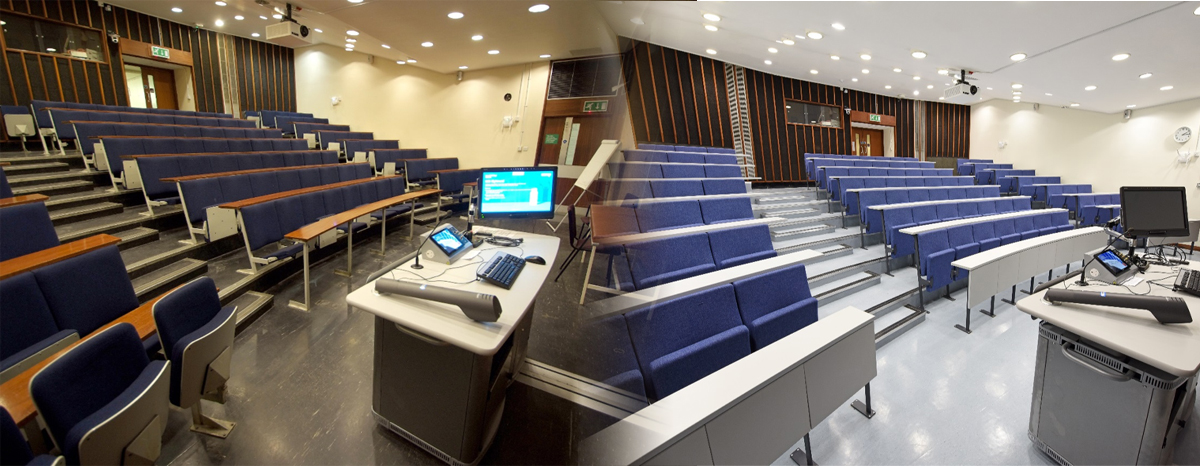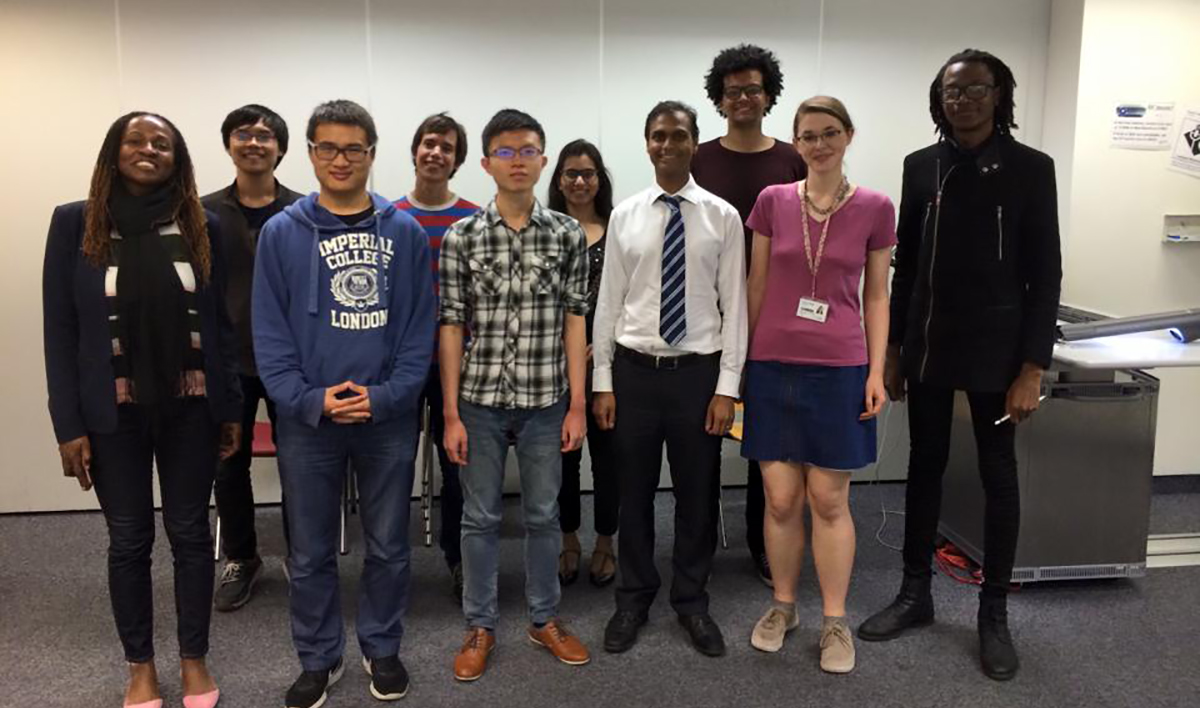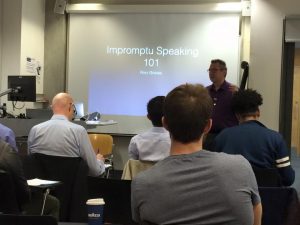Invitation to attend a SIMP update for all Faculty of Medicine Staff
The Student Information Management Programme (SIMP) is a multi-year phased programme to implement a College-wide student information system that is underpinned by processes to support academic and student administration.
For students, this will ensure a consistently excellent experience when using College systems, irrespective of stage in the student lifecycle, year or programme of study.
For staff, this will ensure visibility of a modular level student study view in-year and in real-time to make decisions based on high quality and comprehensive information.
The new Banner system will reflect the College’s infrastructure, its programme and modular curriculum structure, its regulations and student activity to improve information sharing for both staff and students. A key aim is to establish the system as the single source of truth for student and curriculum data, providing a foundation for all information systems involving student data.
The transition to fully using Banner as a College-wide system will bring about changes in the way that student and curricula data is held, viewed and managed. Understanding the extent of reliance on local systems to manage data processing is key to successfully embedding the change to achieve a single source of truth.
SIMP Department Roadshows
To foster understanding and commitment for the planned phased outcomes you are invited to attend a SIMP Department Roadshows which has been arranged by the Faculty of Medicine for all staff.
The roadshows will give you an opportunity to meet with the Programme Sponsor, the SIMP Business Team and FoM Leadership and these events aim to provide an opportunity to update you on the programme and invite discussion on:
- Sponsorship for the vision, phased outcomes and benefits
- Objectives, timing and highlights of each of the multi-year phases
- Looking-back over 2019 in preparation for phase I go-live (January 2020)
- Looking-forward to achieving a successful phase II (January – September 2020).
Upcoming sessions
Three sessions have been arranged, at St Mary’s, South Kensington and Charing Cross Campuses. The South Kensington session will be recorded for those staff unable to attend in person.
| Date | Time | Campus | Room options & capacity | Comments |
| 8 November | 14.30 – 15.30 | St Mary’s | 65A&B | |
| 18 November | 15.00 – 16.00 | South Kensington | SAFB 119 | This session will be recorded. |
| 27 November | 15.00 – 17.00 | Charing Cross | CXRB R2&R3 booked |
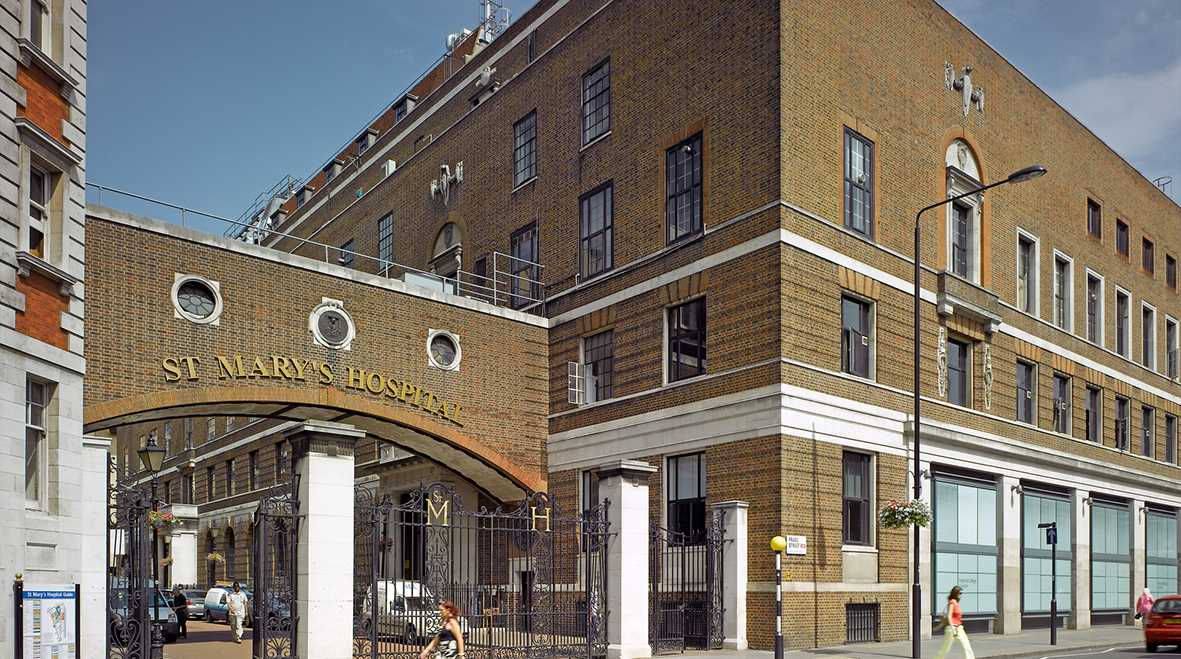
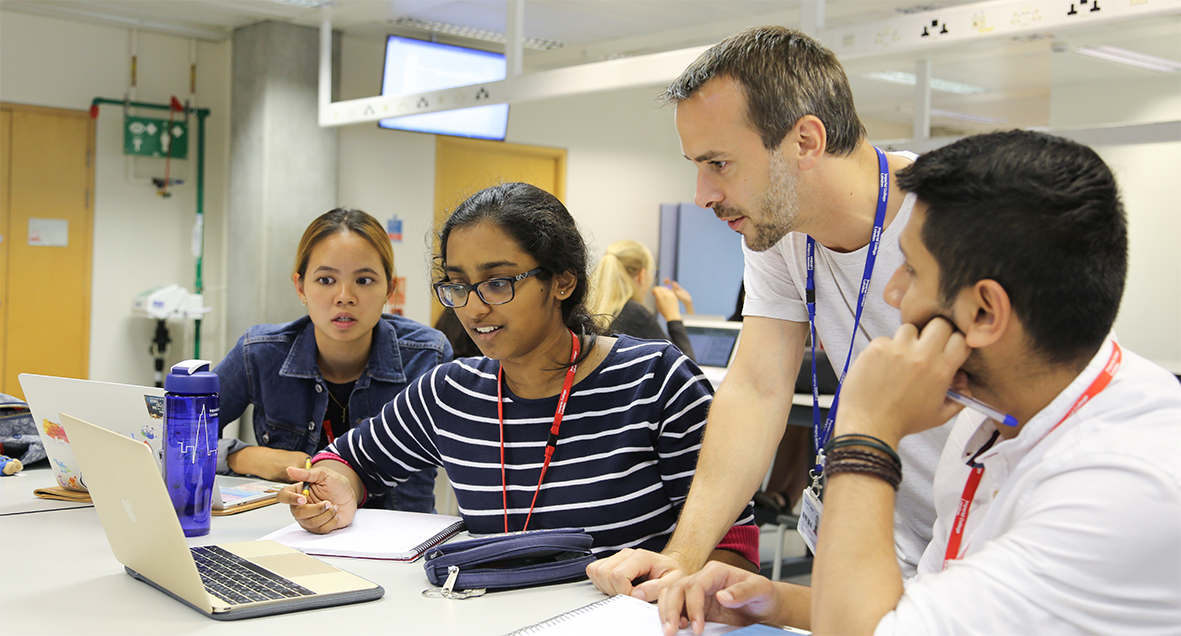
 With questions submitted by current Master’s students, the first blog post features an interview with Dr Magdalena Skipper, former Imperial alumna and new Editor-in-Chief of Nature. She is the first female Editor-in-Chief over the last 149 years and started her new role at the beginning of July.
With questions submitted by current Master’s students, the first blog post features an interview with Dr Magdalena Skipper, former Imperial alumna and new Editor-in-Chief of Nature. She is the first female Editor-in-Chief over the last 149 years and started her new role at the beginning of July.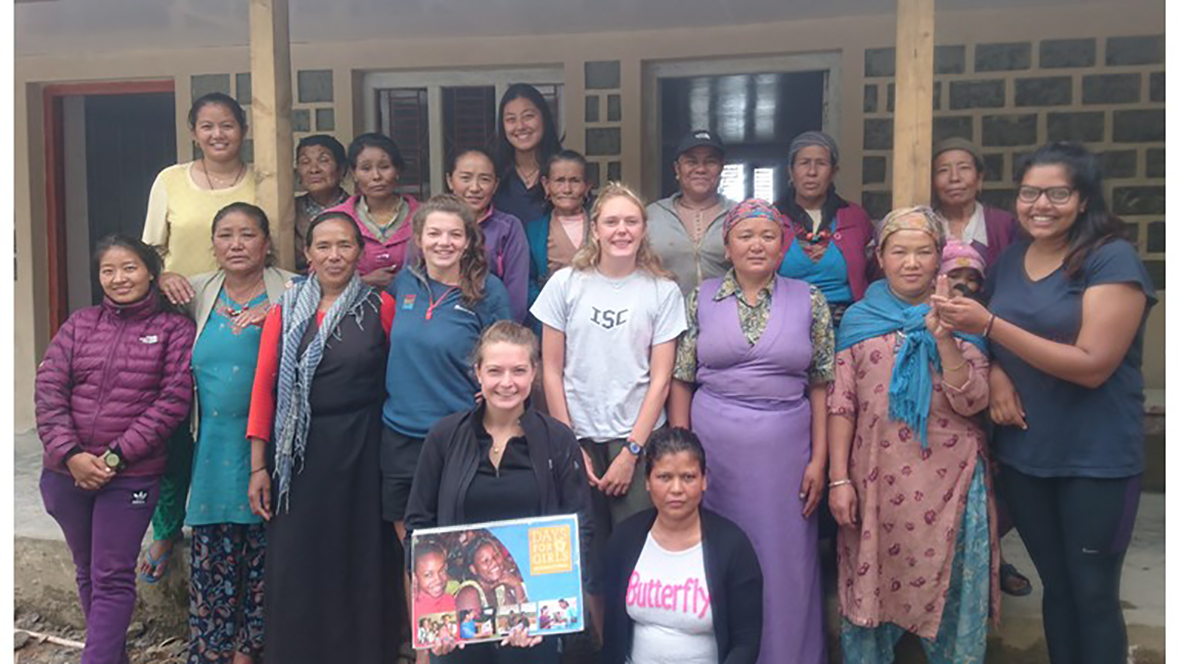
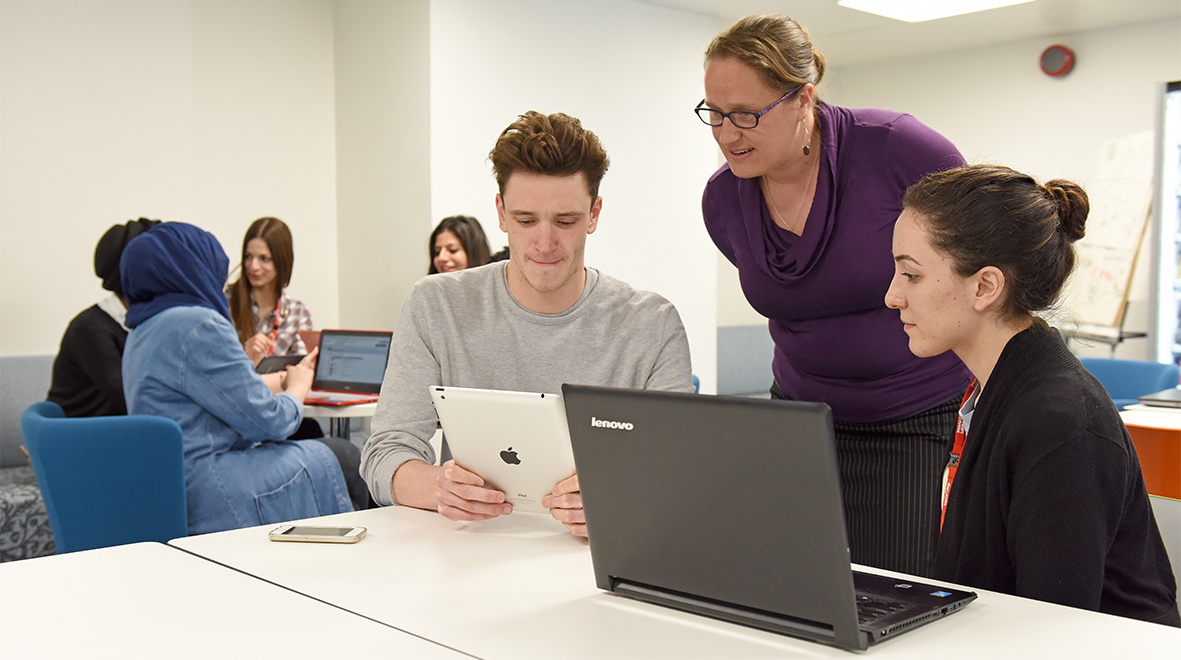 What is IMPLEMnT?
What is IMPLEMnT?